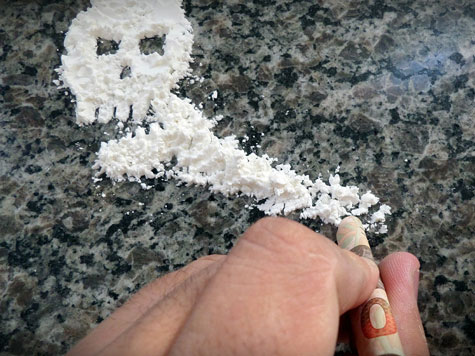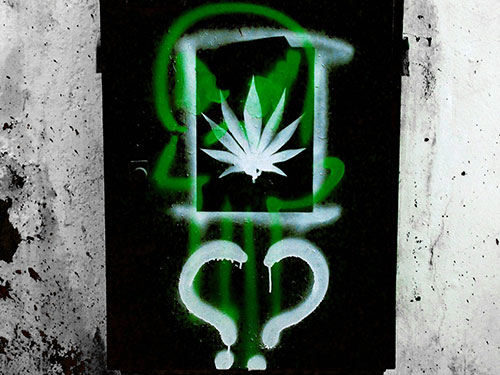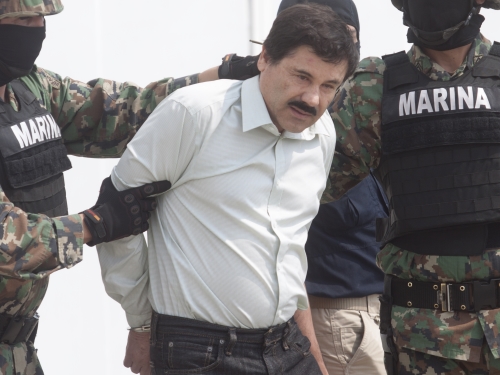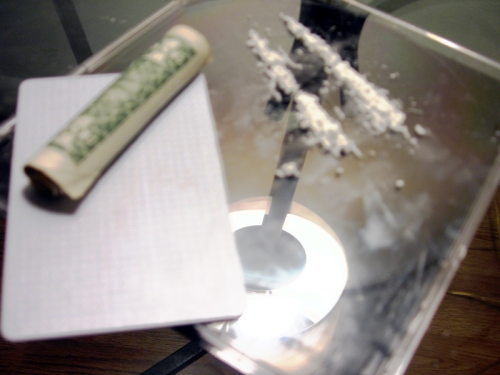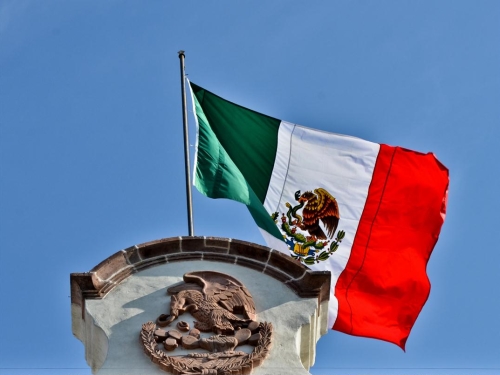This article was originally published by War On The Rocks on 5 May 2016.
In 1834, the British Government could not have sent a worse person with the worst set of instructions to China. The British Parliament chose William Napier, a Scottish lord, to be the Chief Superintendent of Trade in East Asia. Lord Napier had no experience with Chinese culture or traditions, but was nonetheless sent to Canton to take-up residence as the King’s representative and to ensure unfettered access to the Chinese market. However, setting up residence on Chinese soil without first visiting the Chinese Imperial court and kowtowing to the emperor was a violation of the Middle Kingdom’s laws. The importation of opium, something the British had been smuggling into China well before the arrival of Napier, was also illegal, and he ensured that it continued.

